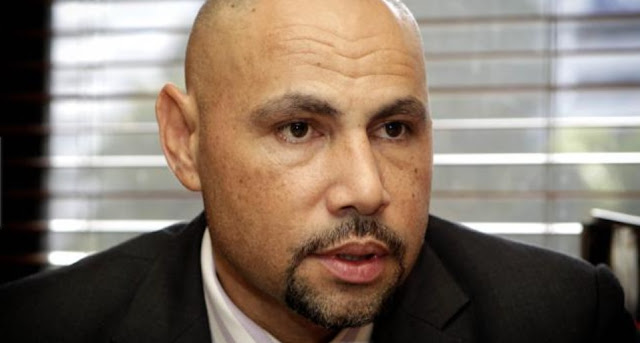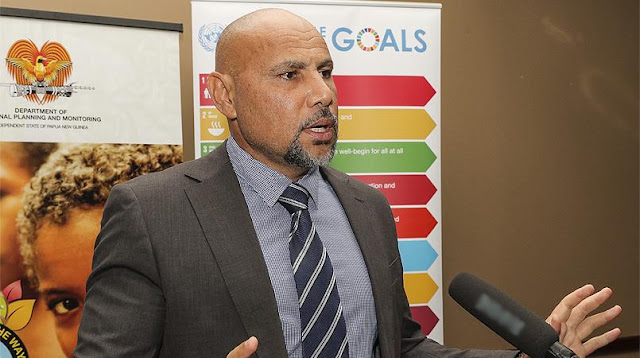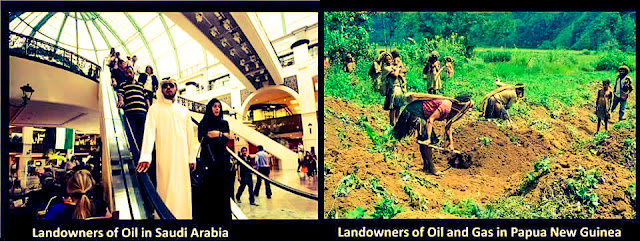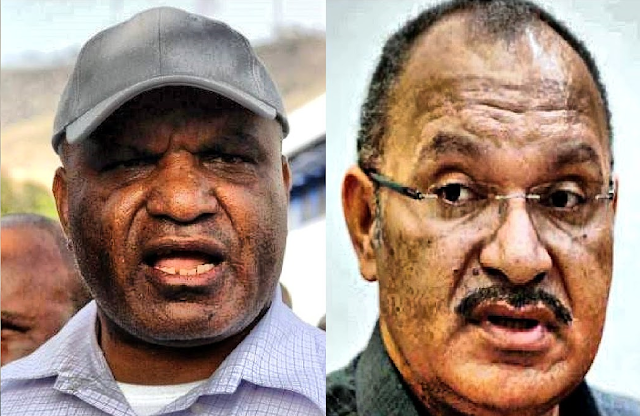PNG GOVERNMENT 100 DAYS ECONOMIC RECOVERY PLAN
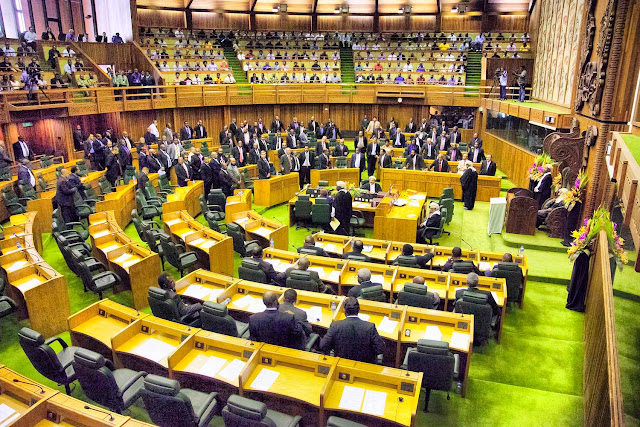
by IVAN KEAS CPA Introduction PNG is a growing economy in market and business and it’s not limited in its investment capacity. It is open and wide that can efficiently allocate and distribute investment resource within its system. The West Minister Government and the Indigenous values have resembled this attributable development trait that complements the structure to adapt well with relative ease and it’s been appreciated as an integrated enabling cross-cutting culture that posses commercial and economic respect. The values have held the tenets of our democracy and loyalty to our heritage that affirms Human to be a distinguishable creature. We hold this truth as it stood the test of time in our Constitution. Papua New Guineas do not have any problem with its People, System, and Economy. She is young, cute, virgin, wealthy, rich, energetic, adventurous and attractive because of its beauty and its people. Notably, PNG Economy is an interdependent economy and majorly generates
